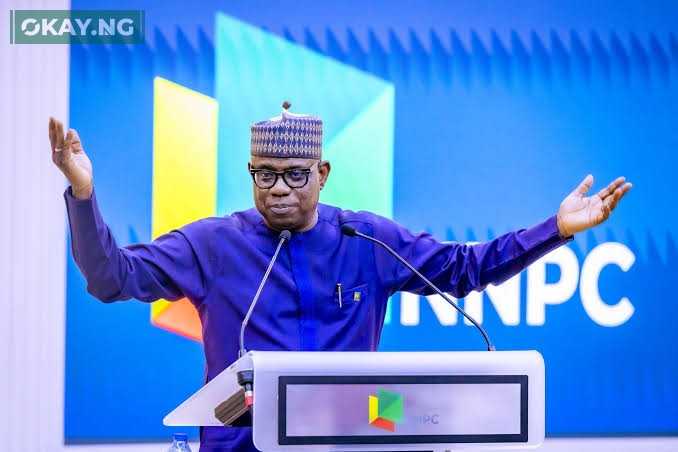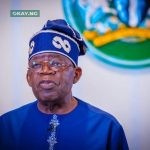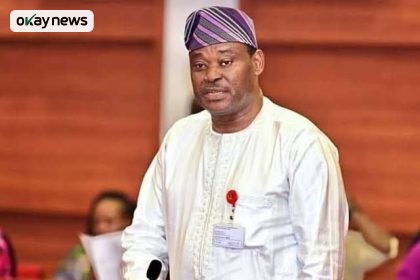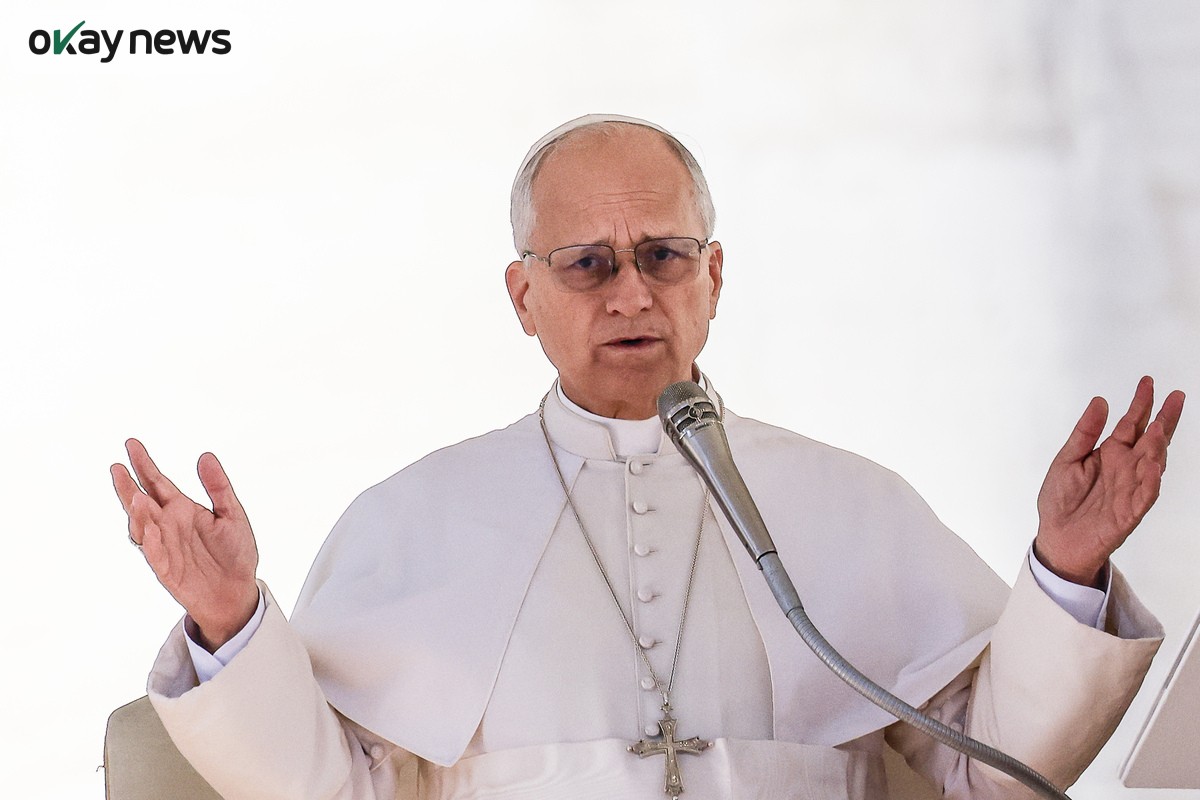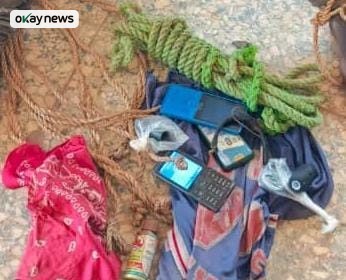There is heightened uncertainty at the Nigerian National Petroleum Company Limited (NNPCL) following claims that its Group Chief Executive Officer, Bayo Ojulari, was compelled to sign a resignation letter under duress orchestrated by operatives of the Economic and Financial Crimes Commission (EFCC) on Friday night.
Sources privy to the development have likened the incident to a civilian-style administrative takeover, asserting that the operation was conducted without the express approval of President Bola Tinubu. Both EFCC Chairman Ola Olukoyede and Director-General of the Department of State Services (DSS), Adeola Ajayi, were alleged to have supervised the action.
However, the Presidency swiftly dismissed the allegations. Presidential media aide, Bayo Onanuga, clarified that Ojulari remains the legitimate CEO of the state-owned oil company. The embattled executive, appointed in April 2025, was tasked with steering crucial reforms in the organisation.
Efforts to reach EFCC spokesperson Dele Oyewale for confirmation or rebuttal were futile, as calls and messages went unanswered at press time.
The storm surrounding Ojulari is rooted in a $21 million (₦34.65 billion) corruption probe linked to a detained associate, Abdullahi Bashir Haske, who allegedly confessed to handling the funds on Ojulari’s behalf. Civil society organisations, including OilWatch Nigeria and the Workers’ Rights Alliance, have intensified their calls for his arrest and prosecution.
In a press briefing on July 31 at EFCC headquarters, the coalition accused Ojulari of sabotaging the national economy through prolonged refinery shutdowns and hinted at a covert agenda to privatise critical NNPCL assets.
The activists launched a three-day protest on August 1 across key national institutions, including the National Assembly, EFCC headquarters, and the NNPCL.
A whistleblower reportedly exposed a kickback scheme involving pipeline contractors and oil traders. The EFCC is said to have frozen the implicated account after fund collection responsibilities were reassigned under Ojulari’s watch.
Earlier, in May 2025, the Socio-Economic Rights and Accountability Project (SERAP) requested a probe into an alleged non-remittance of ₦500 billion by the NNPCL to the Federation Account between October and December 2024.
Conversely, advocacy groups such as the Coalition for Good Governance and Change Initiatives (CGGCI) and the Human Rights Writers Association of Nigeria (HURIWA) have defended Ojulari, dismissing the allegations as political sabotage against his reform agenda. They hailed his leadership for implementing digital audits and transparency initiatives that have reportedly eased nationwide fuel supply issues.
Critics have cited concerns over alleged opulent spending, including a luxury retreat in Kigali using private jets, and a reportedly toxic work environment prompting internal resignations.
The Niger Delta Environmental Justice Coalition (NDEJC) has also weighed in, condemning what it termed as a politically tainted operation by the EFCC and DSS, though acknowledging Ojulari’s role in increasing crude production and revenue returns.
As of 9:00 p.m. Saturday, the EFCC had yet to release any official statement clarifying whether Ojulari has been arrested or charged.
okay.ng reports.


